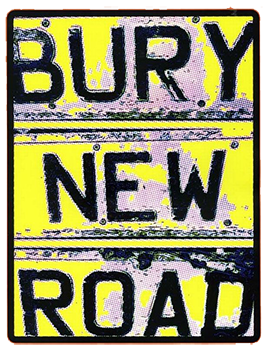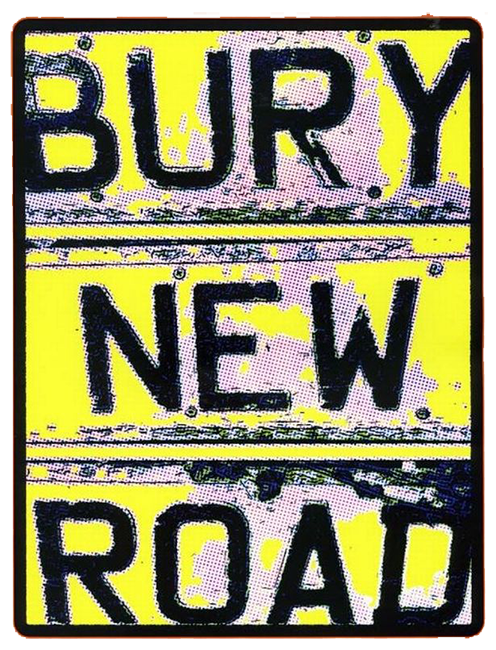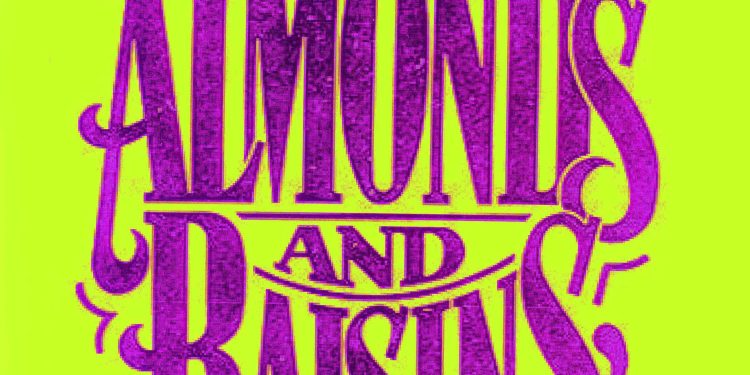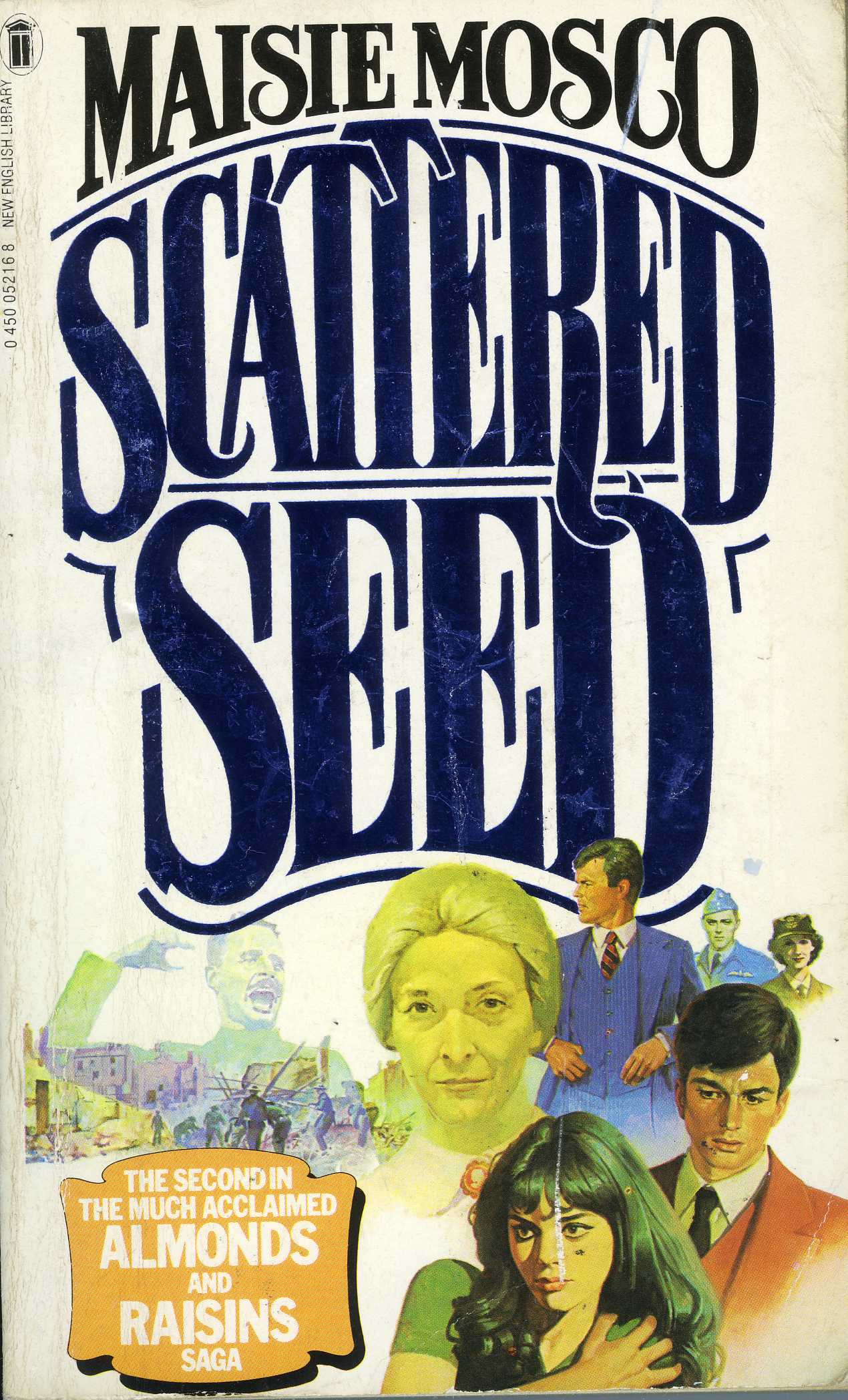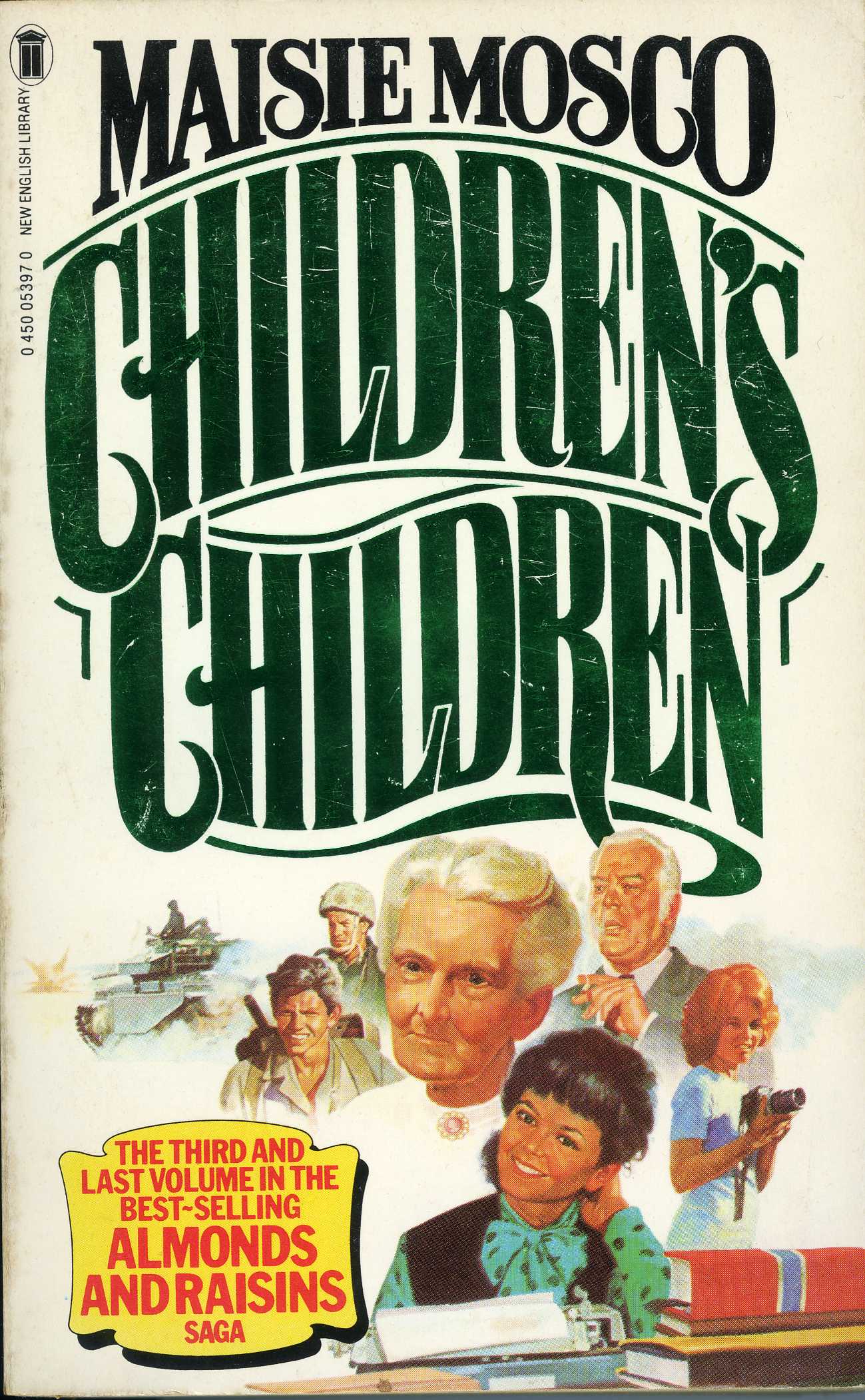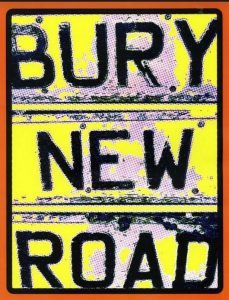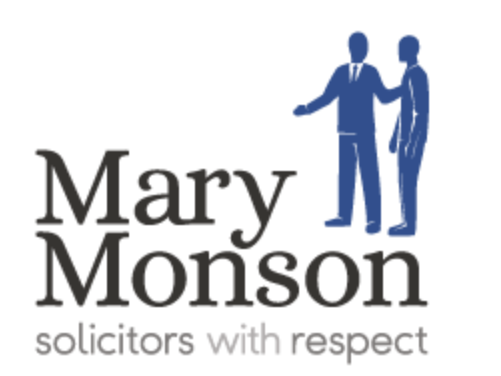“With us and other ethnic communities there is this added dimension that the struggle was not just a material one, it was a struggle to be allowed to hold up your head…” Maisie Mosco
No other writer has captured the Jewish immigration into Manchester story quite like Maisie Mosco, and her Almonds and Raisins trilogy, published from the late 1970s to the late 1980s. It’s the fictionalised saga of two families who experienced the horrors of the Russian pogroms at the start of the 20th Century, the hardships of surviving and being accepted in a new country, and the subsequent fall out across the generations.
These books sold millions of paperback copies, establishing Maisie as a best-selling blockbuster author – but behind the hype was a northern Jewish woman who cared deeply about her subject and was desperate to tell “from the inside what our story has been”.
Now onto the fifth generation since Jewish people first arrived into the poverty of Strangeways, it’s vital that these roots experiences are kept alive, particularly given what Maisie believed was a new wave of anti-semitism that began showing itself over thirty years ago…
Maisie Mosco, originally from Oldham but whose dad lived in Strangeways, edited the Manchester Jewish Gazette for a while, wrote radio plays for the BBC and produced 16 novels between 1979 and 1998. The Almonds and Raisins trilogy originally spanned three books – Almonds and Raisins, Scattered Seed and Children’s Children – before she felt compelled to add a fourth, Out of the Ashes, to expose the new neo-Nazism.
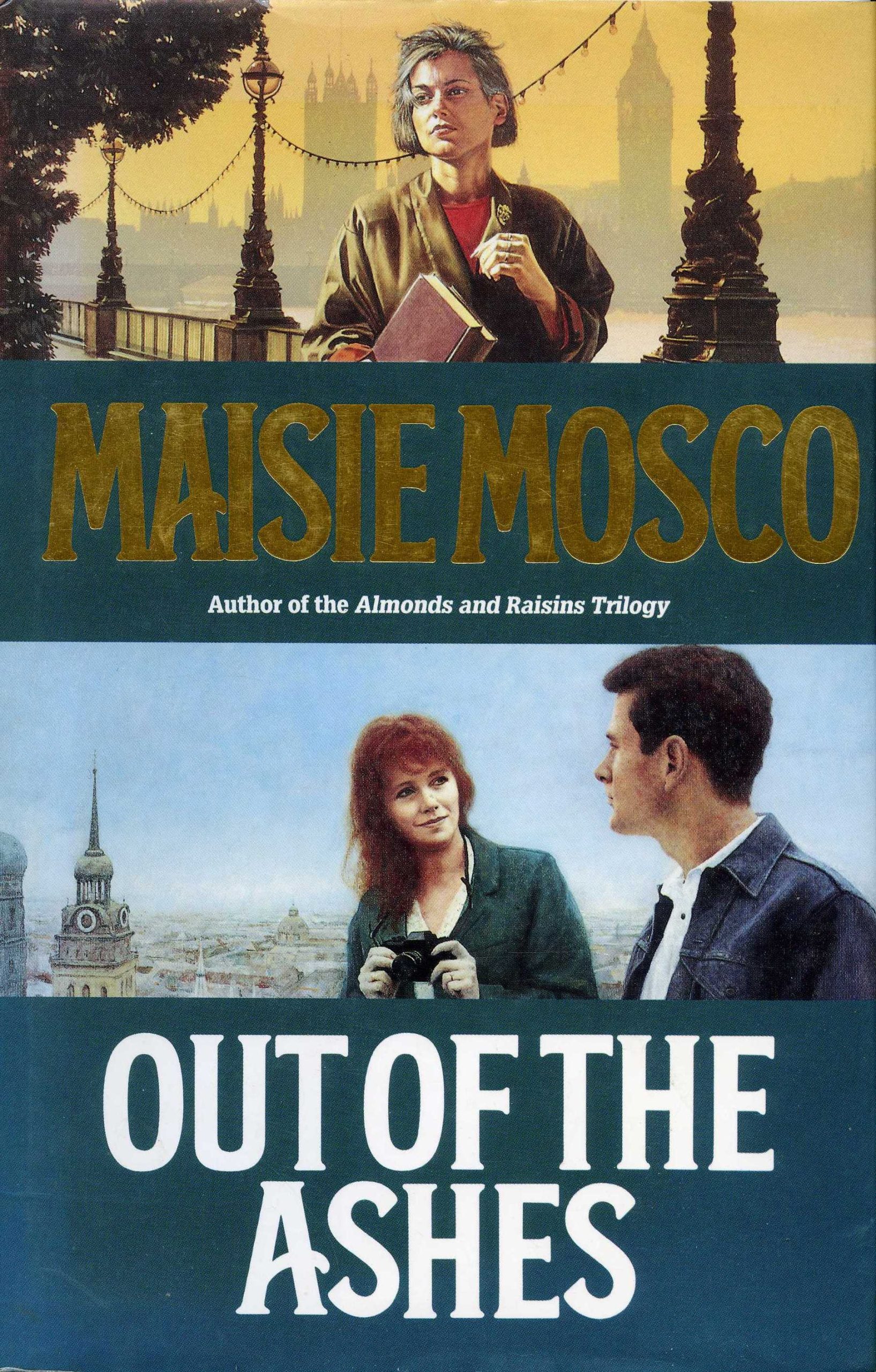 The first book, Almonds and Raisins, begins at the turn of the 20th Century with freshly arrived Jewish families huddled by the old Exchange Station near Manchester Cathedral, waiting expectantly for family members and friends to pick them up in droshkies (horse and carts) and take them up Bury New Road to a new life in Strangeways. They’re trying to be optimistic and humorous, while recalling the horrors of the Russian world from which they had fled…
The first book, Almonds and Raisins, begins at the turn of the 20th Century with freshly arrived Jewish families huddled by the old Exchange Station near Manchester Cathedral, waiting expectantly for family members and friends to pick them up in droshkies (horse and carts) and take them up Bury New Road to a new life in Strangeways. They’re trying to be optimistic and humorous, while recalling the horrors of the Russian world from which they had fled…
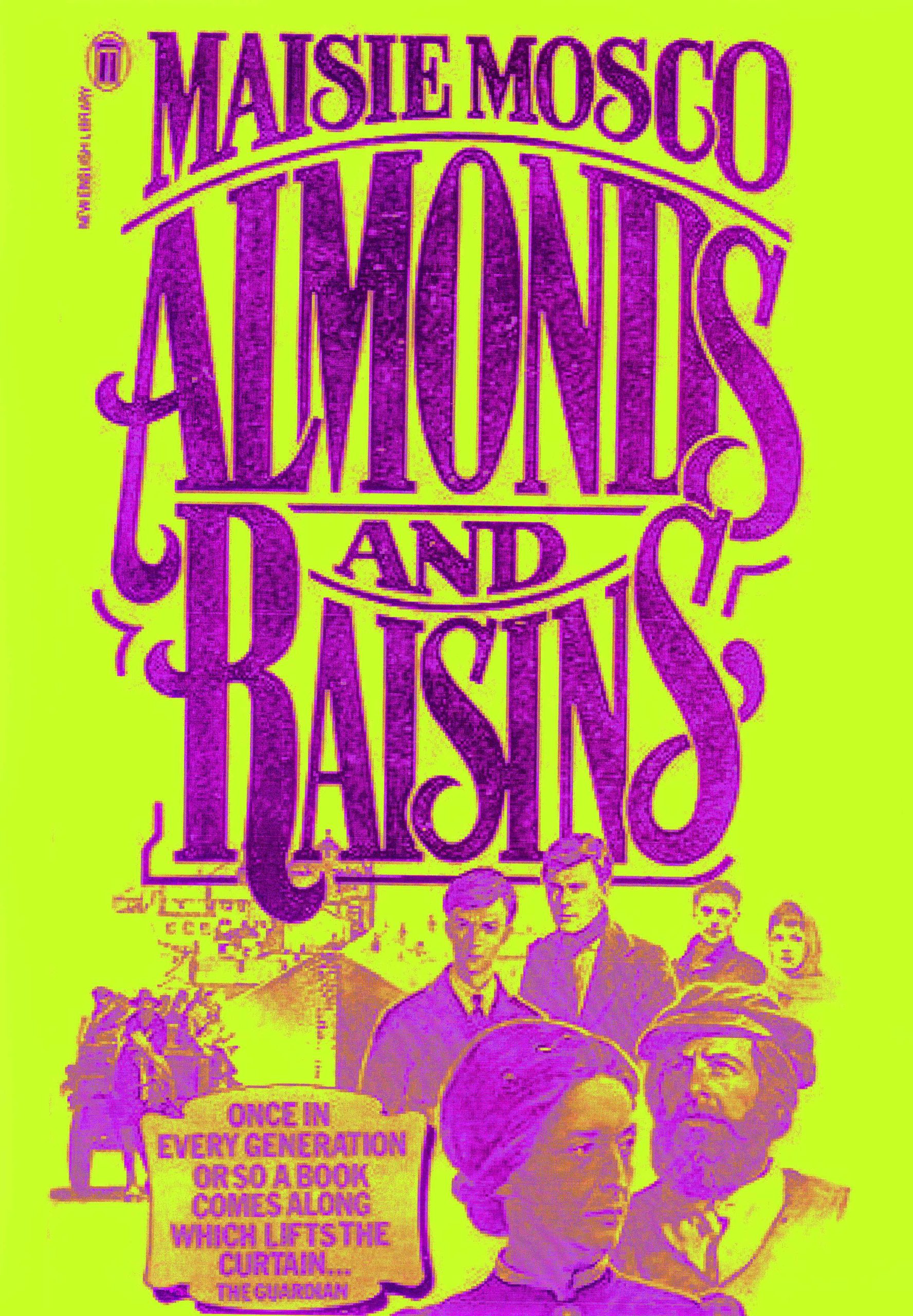 “A single tear coursed down Zelda’s pale cheek and splashed onto her baby’s face. ‘I saw my mother squelching through the mud in the marketplace, everyone was running for their lives’. She looked at Yankel despairingly. ‘God knows where she is now’…
“A single tear coursed down Zelda’s pale cheek and splashed onto her baby’s face. ‘I saw my mother squelching through the mud in the marketplace, everyone was running for their lives’. She looked at Yankel despairingly. ‘God knows where she is now’…
“Shloime Lipkin tugged at the peak of his heavy cap and tried to hide the anguish in his eyes. ‘Our parents died at Kishinev. So we don’t have to worry about them anymore’ he added in a hard voice…
Sarah’s heart skipped a beat, but whose would not at the mention of Kishinev? The pogrom there two years ago had been the worst yet, with Jews torn from their beds and tortured, nails driven into their flesh, their eyes gouged out, left in their agony to die…”
Eventually a rabbi arrives to give them a lift and one of the youngsters, David, asks why the houses are all painted black… “They’re not painted black…” answers the rabbi, “They’re coated with soot”. They see a tram for the first time – “A train with two storeys? And no roof?” – there was no Yiddish word for ‘tram’ or the ‘electricity’ that made it move…
“They used to be drawn by horses and some still are” Rabbi Lensky explained “but not the ones on Bury New Road, our district. So when you need a ride somewhere you’ll take a tram”…Sarah clutched Abraham’s arm again…“Never!”
The droshky trundles past the old Assize Courts where the newcomers are staggered to see a carving of Moses and the Ten Commandments above the entrance, while, on passing the foreboding Strangeways Prison, the inquisitive David asks ‘Why do the Jews live near it?’
“Those in whose footsteps you’re following got off the train and shlepped on their two feet, with their bundles on their backs, and stopped when they got tired is my opinion” answers the rabbi.
And so a new life of poverty, sweatshops and clutching onto old ways begins. From Strangeways, eventually to Cheetham Hill, to businesses, to education, to falling in love with non-Jewish people, to the Blackshirts, Hitler and beyond…the trials and tribulations of being a Jewish family in England are laid bare, as an array of characters, who we all recognise, weave in and out of tales of nachus, sorras and shmocks…without ever being shmaltzy…
This is a four book trilogy that has to be found and read…
Part 2: The Maisie Mosco Interview on the Almonds and Raisins Trilogy: Maisie Mosco, talking in 1989, explains the Jewish experience that fed her best-selling novels – click here
